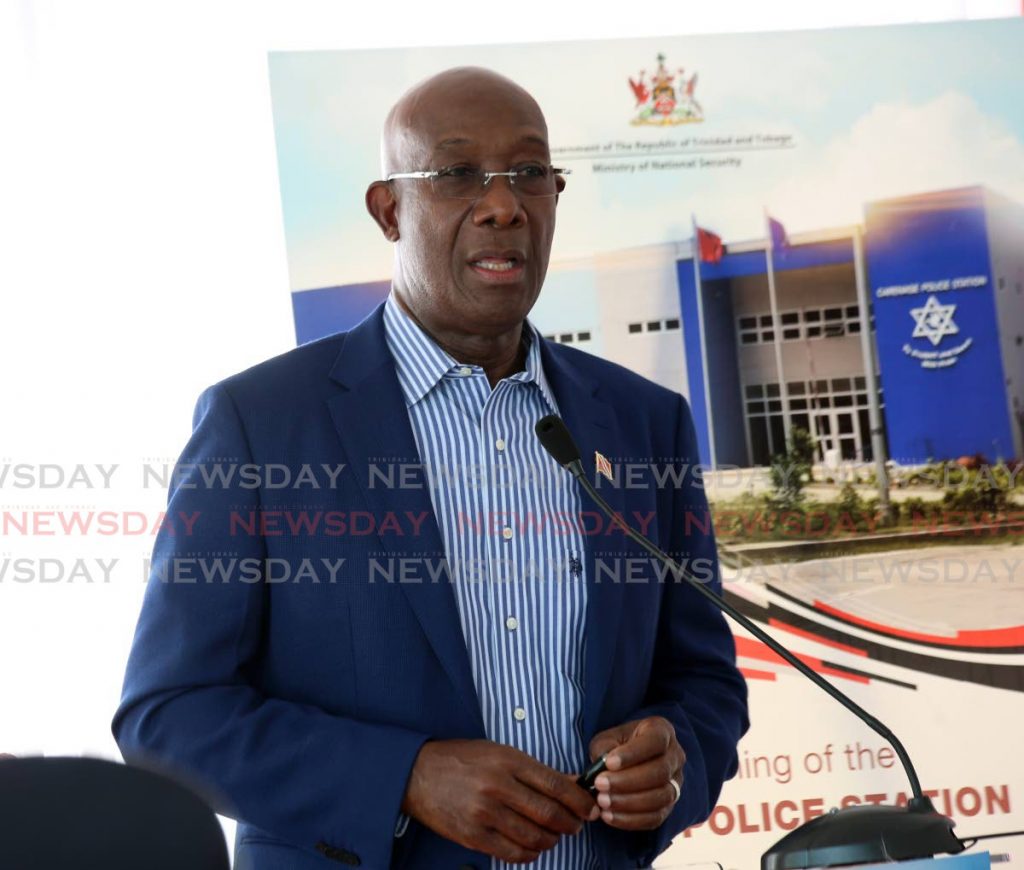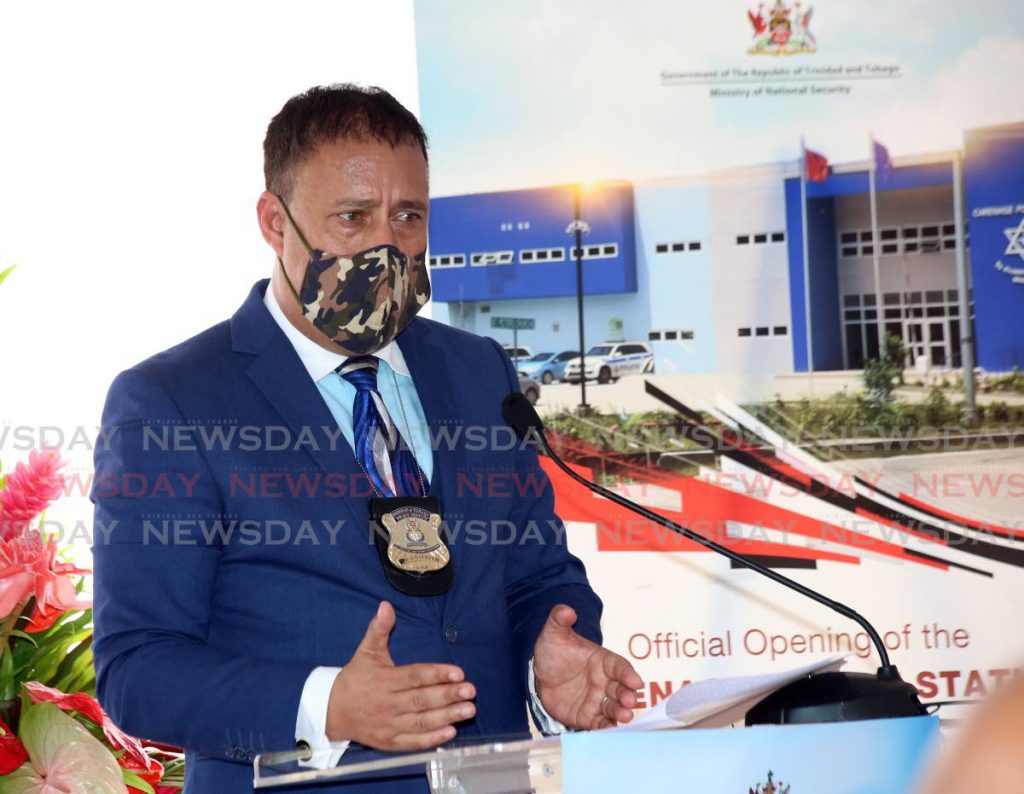Of power, police and popularity

AT A ribbon-cutting ceremony on Thursday, the Prime Minister was asked about the impending expiry and possible renewal of the term of Commissioner of Police Gary Griffith.
“We in the Cabinet keep an open mind,” Dr Rowley told reporters, keeping his cards close to his chest.
He spoke of “recommendations” and advice from authorities such as the Police Service Commission (PSC). But ultimately, it’s clear where the buck stops.
“We took serious decisions to impact on the Police Service,” the Prime Minister said. “There is a long way to go.”
These comments, made at an event attended by Mr Griffith, who days ago announced his intention to seek another term, prove there is simply too much politics involved in the selection of a top cop.
Cabinet may well claim an “open mind,” but nobody is under any illusions as to who heads the Cabinet: the Prime Minister.
Even membership of the PSC must be endorsed by a sitting government through Parliament, as recently occurred.

In a speech delivered at Thursday’s event – itself the outcome of a long-gestating pet project of Dr Rowley’s – the Prime Minister shed light on the detailed influence exerted by his Cabinet over operational matters which have a direct bearing on policing.
Dr Rowley disclosed his objection to a move by the police to acquire 80 sport utility vehicles at a cost of $22 million. Such a matter should ideally be examined by independent procurement regulators under fully functioning procurement laws, not subject to banter around the table at closed-door Cabinet meetings.
At the same time, the Prime Minister spoke truth when he flagged the issue of police indiscipline. Officers should be accountable for misconduct, and if they are not, the top cop too should be subject to effective oversight.
The use of state resources by a sitting commissioner to campaign for himself for the post, which we saw at this week’s police media briefing, is also a matter of grave concern.
So too is Mr Griffith’s continued habit of dismissing all criticism as the mere unfounded utterances of “haters.” This is especially so given the failure of the police to hold themselves accountable for instances of civil deaths at the hands of their officers.
With bodies like the PSC and the Police Complaints Authority clearly hamstrung in their ability to police the police, it is ironically comforting to think that an elected government’s ability to veto the appointment or reappointment of a commissioner might be the closest thing to justice available to the population and the families of people affected by crime.
But if we are to have faith in this pillar of the criminal justice system, the issue should not be reduced to an unsavoury and dangerous popularity contest between a prime minister and a commissioner of police.


Comments
"Of power, police and popularity"